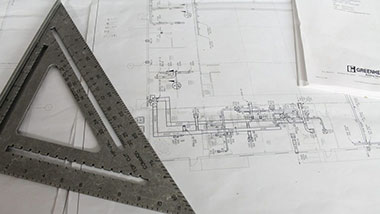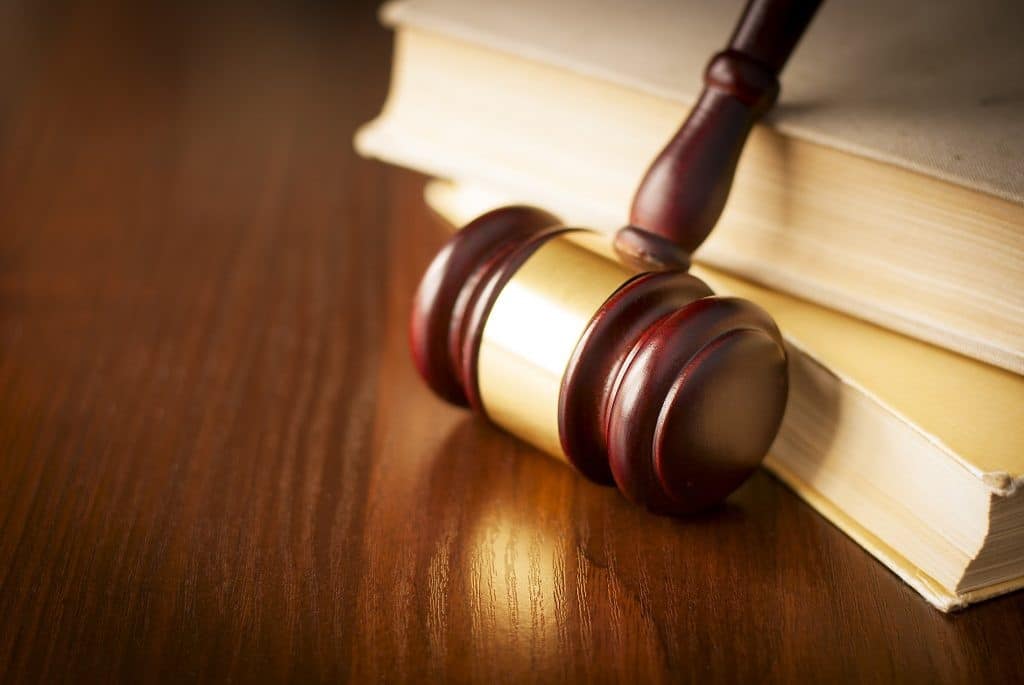Use of Discovery Violations at Trial
Personal InjuryIn the case of Daniel Kellenberger v. Wal-Mart Stores East, LP, Case Number 1D21-2368 (Fla. 1st DCA November 30, 2022), Florida’s First DCA affirmed the extensive cross-examination of the plaintiff regarding discovery violations before trial. However, Justice Jay wrote a dissenting opinion that questioned need for such extensive cross-examination for pre-trial discovery violations at the trial itself.
Facts of the Case
The plaintiff sued Walmart for an alleged slip and fall injury. The incident was not visible on Walmart’s surveillance video and the credibility of the plaintiff was a central feature of the trial (as a plaintiff’s lawyer, I would suggest that the credibility of the plaintiff would have been a central feature of the trial even if the incident has been clearly visible on Walmart’s video system).
In any event, this case centers on questions regarding the plaintiff’s lost wages and loss of earning capacity. During the discovery phases of the case, the plaintiff responded to discovery requests that he was not making any claims for lost wages or earning capacity and declined to produce tax returns or other proof of income (and hence income loss).
However, at the trial itself, the plaintiff testified, among other things, on the subject of the emotional/psychological impact that the accident had on him and his alleged inability to “financially support his family.” Walmart, of course, took issue with this testimony and claimed that the plaintiff was trying to revive his abandoned lost wage claim. After much argument, the trial judge permitted Walmart’s attorneys to extensively cross examine the plaintiff regarding his earning history and his failure to produce anything in discovery to support any claim for lost wages or lost earning capacity.
The natural implication of this extensive cross examination was to insinuate that the plaintiff was hiding something, or is otherwise dishonest, and therefore should not be rewarded with a verdict in his favor.
The jury found in favor of Walmart.
Implications of This Case
Justice Jay’s dissenting opinion points out that there was a less intrusive way to handle this matter. Justice Jay suggested that the plaintiff could have simply been asked whether he would agree that there was no evidence presented that would suggest that the plaintiff had a successful business prior to the injury. In particular, Justice Jay seems to have had difficulty with the fact that pre-trial discovery squabbles became a feature of the trial.
As a plaintiffs’ lawyer, I have to agree with Justice Jay’s perception that such extensive cross examination on whether a pre-trial discovery violation had occurred made an improper character reference and likely tipped the scales in the trial. I would also agree that such circumstances go against the fairness that is supposed to be afforded at trial. I would have suggested that if there is any prejudice resulting from the plaintiff’s comments about being unable to support his family were un-curable with a simple question as suggested by Justice Jay, then perhaps a mistrial may have been in order, particularly because the plaintiff should have known that he cannot introduce evidence of lost wages or lost earning capacity into the trial after abandoning those claims in the pre-suit phases of the case.
Needless to say, personal injury trials have become more and more contentious, particularly as fewer and fewer of these cases actually go to trial. On one hand, the plaintiff should not commented in his testimony about an inability to support his family after abandoning wage loss or earning capacity claims. On the other hand, a simple and relatively innocuous statement could have and should have likely been stemmed at the time of the statement with a curative instruction that the plaintiff is not making a wage loss or earning capacity claim along with reasonably limited (and civil) cross examination on the subject.
But therein lies the problem. These cases are often so fervently defended that the only thing that matters is winning. Slip and fall cases in Florida are already difficult cases to begin with and jurors are suspect people who claim injury after falling in a store. These are not easy cases even under the best of circumstances due to the laws regarding transitory foreign substances in Florida. As a plaintiff’s lawyer, I would like to see a more civil approach to these matters as suggested by Justice Jay.
Talk To A Lakeland Personal Injury Lawyer About Your Case
At Russo Law, we help those who have been injured by the negligence of others, including in slip and fall cases. These are not easy cases to try and there is a significant amount of risk involved. We can help you carefully evaluate where you stand with your Florida personal injury case. Call us today for a free personal injury consultation regarding your case.


